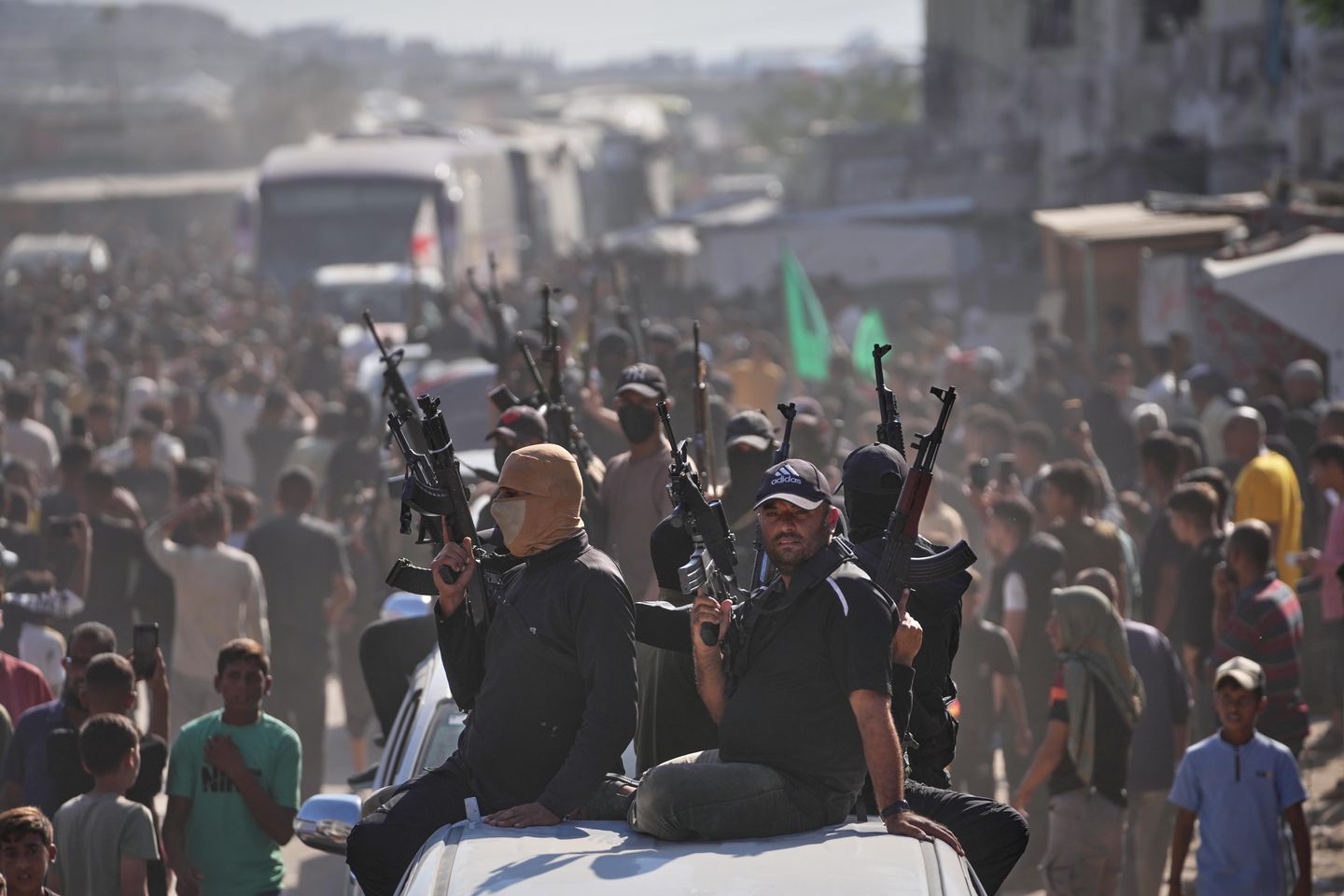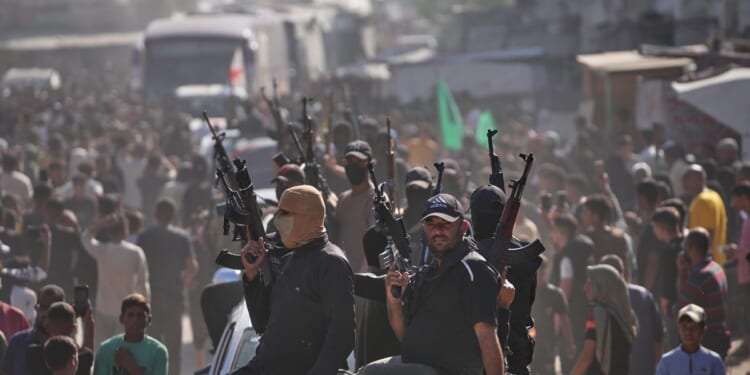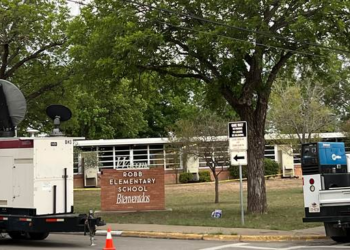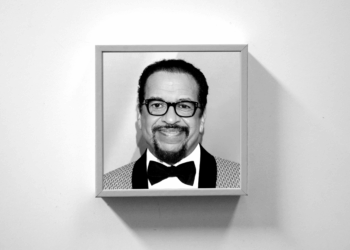
Don’t miss the full story from our staff writers, whose reportage is the basis of this article.
The fragile Israel-Hamas ceasefire faces mounting challenges as tensions persist in Gaza despite the U.S.-brokered peace agreement signed Monday. While President Trump celebrated the deal that secured the release of Hamas’ remaining living hostages, the post-ceasefire landscape remains uncertain and volatile.
Hamas released 20 living hostages and four deceased hostages on Monday, while Israel freed nearly 2,000 Palestinian prisoners. However, Israel announced it will significantly restrict aid entering Gaza this week, allowing only 300 trucks and no fuel except for infrastructure needs. Israeli officials cited Hamas’ failure to return at least 23 bodies of hostages killed in captivity as justification for halving aid deliveries and delaying the opening of the Rafah border crossing.
Violence has already tested the agreement’s durability. Hamas accused Israel of ceasefire violations after Israeli troops killed at least nine Palestinians who approached a truce border in Gaza City. The Israeli military defended the action as necessary. Additionally, videos showed Hamas fighters conducting executions in public squares, and the group has clashed with other armed factions inside Gaza, causing dozens of casualties.
The three-phase agreement includes provisions for a robust ceasefire and humanitarian aid distribution, Hamas demilitarization, governmental reforms led by Palestinian technocrats under international oversight, and eventual recognition of a Palestinian state contingent on reforms.
Regional reactions have been mixed. Iran, Hamas’ primary backer, rejected Trump’s peace claims, with Foreign Minister Abbas Araghchi stating Trump cannot simultaneously be a “President of Peace” while supporting war criminals. This contrasts sharply with widespread regional support from Arab nations.
Egypt, which mediated the deal alongside Turkey and Qatar, strongly supports the agreement and sees Gaza’s reconstruction as an economic opportunity. Egyptian construction companies are positioning themselves to benefit from rebuilding efforts that could strengthen Egypt-Israel relations.
Turkey’s President Erdogan expressed guarded support while emphasizing Turkey’s commitment to establishing an independent Palestinian state based on 1967 borders with East Jerusalem as capital. Turkey does not classify Hamas as a terrorist organization and has hosted its leaders despite Israeli objections.
Lebanon views the agreement as potentially paving the way for Israeli troop withdrawal from its territory, while Syria’s interim President Ahmed al-Sharaa expressed optimism that could improve his standing with Israeli leadership.
The conflict, which began with Hamas’ October 7, 2023 attacks killing nearly 1,200 Israelis, has resulted in an estimated 67,000 Palestinian deaths according to Gaza’s Hamas-controlled Health Ministry, though Israel disputes these figures. Almost 2,000 Israelis have died during the conflict.
Read more: Middle East receives Gaza peace plan with cautious optimism as cracks appear
This article is written with the assistance of generative artificial intelligence based solely on Washington Times original reporting and wire services. For more information, please read our AI policy or contact Ann Wog, Managing Editor for Digital, at awog@washingtontimes.com
The Washington Times AI Ethics Newsroom Committee can be reached at aispotlight@washingtontimes.com.

















